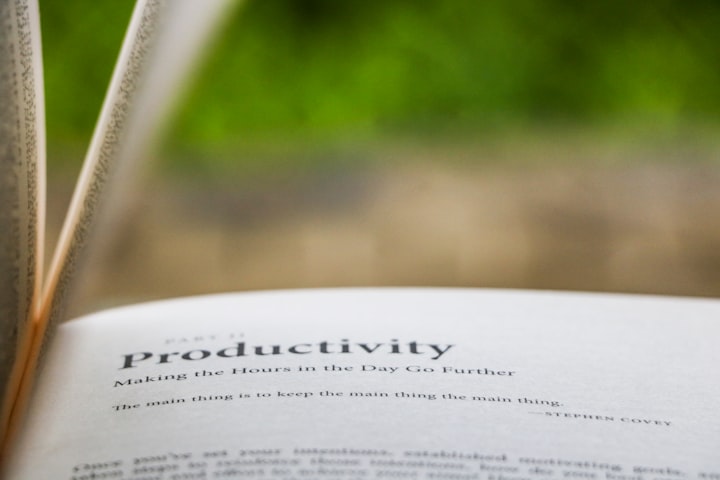Have you heard of Camel Cloning in Dubai?
Luxury, sophisticated architecture, and cutting-edge technology define Dubai. Camel cloning is a lesser-known yet fascinating city development. Due of its benefits and camels' cultural and economic relevance, Dubai is embracing camel cloning.

Dubai is known for its luxurious lifestyle, modern architecture, and state-of-the-art technology. One of the lesser-known but equally fascinating developments in the city is camel cloning. Camel cloning is becoming increasingly popular in Dubai due to its potential benefits and the significant cultural and economic importance of camels in the region.
When did all of this begin?
The first successful camel cloning took place in 2009 at the Camel Reproduction Center (CRC) in Dubai. The CRC was established in 2001 as a collaboration between the Dubai government and the private sector to develop advanced reproductive technologies for camels. The center's primary goal was to enhance camel breeding and genetic diversity.
The CRC's cloning program began in 2008 when they imported cloned embryos from South Korea. They implanted the embryos into the wombs of surrogate camels and achieved the first successful camel clone in 2009. Since then, the center has produced more than 10 cloned camels.
How does the process work?
The process of camel cloning is similar to that of other animals. It involves removing the nucleus from a donor egg and replacing it with the nucleus from the cell of the animal to be cloned. The resulting embryo is then implanted into a surrogate mother's womb.
However, the camel cloning process is more challenging than other animals due to the camel's unique reproductive biology. Camels have a longer gestation period and more complicated hormonal cycles than other mammals. They also have a high incidence of pregnancy loss and low rates of successful artificial insemination. Therefore, cloning provides a promising alternative for improving the genetic quality of the camel population.
How can this process produce benefits?
Camel cloning has several potential benefits, including preserving rare and valuable genetics, enhancing breeding programs, and improving the quality of camel products such as milk, meat, and wool.
Preserving Rare and Valuable Genetics: Camels play a crucial role in the cultural and economic heritage of the UAE. The camel population has declined in recent years due to the introduction of modern transportation, and some camel breeds are at risk of extinction. Cloning provides a means of preserving rare and valuable genetics for future generations.
Enhancing Breeding Programs: Cloning can help enhance camel breeding programs by producing animals with desirable traits such as high milk yield, disease resistance, and fast growth. Cloning can also increase the genetic diversity of the camel population, which is crucial for the long-term survival of the species.
Improving the Quality of Camel Products: Cloned camels can produce high-quality milk, meat, and wool, which can benefit the local economy. Camel milk is highly nutritious and is used to make a variety of products such as cheese, yogurt, and ice cream. Camel meat is lean and high in protein, while camel wool is soft and durable.
You might be wondering about the risks?
Like any new technology, camel cloning carries some risks, including ethical concerns, health issues, and the potential impact on traditional breeding practices.
Ethical Concerns: Cloning raises ethical concerns, including the possibility of creating genetically identical animals, which could have implications for biodiversity and the long-term survival of the species.
Health Issues: Cloned animals are more likely to have health problems such as respiratory and cardiovascular disorders, birth defects, and immune system abnormalities. This could impact the welfare of cloned camels and potentially harm the people who consume their products.
Impact on Traditional Breeding Practices: Camel cloning could also impact traditional breeding practices, as it could make natural breeding obsolete. This could have cultural and social implications for the communities that rely on camels for their livelihoods.
What is the current status?
Camel cloning is currently used primarily for research and breeding purposes. The cloned camels produced by the CRC are used to improve the genetic quality of the camel population and enhance breeding programs.
What lies ahead?
We never know where this process may take us. Some people say that it is about doing good for the species. Some people are against it due to various reasons. Camels are integral to Arabian culture. Whether we see this trend rise will all depend on time. If you are planning to visit Dubai, you will love every glimpse of these beautiful creatures.


